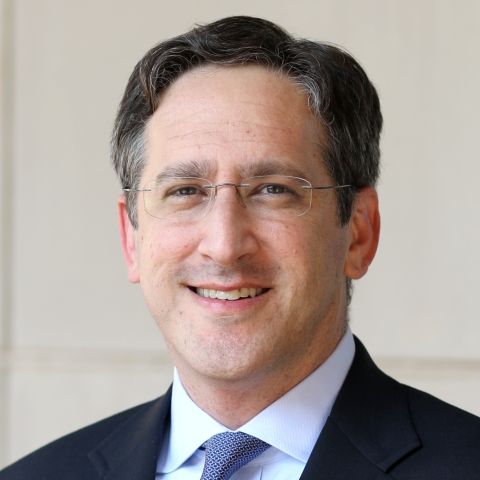

Trump Wasn’t Elected as a Culture Warrior. He May Govern as One
Before the election, it was common to hear experts say the “culture wars” were over, and that the left had won. True, there were debates about how progressives could most effectively consolidate their gains, and about whether they should be magnanimous in victory. But participants in these debates shared an assumption that, for instance, women’s right to choose and marriage equality were secure.
After the election, all that has changed. Although some liberals and progressives hold out hope that President Trump is uninterested in certain social issues, like same-sex marriage and transgender rights, their optimism is misplaced. Whatever Trump himself is saying, and whatever his voters endorsed, the new Republican regime will vigorously prosecute the so-called culture wars. (Not that this frame is the only or most useful way of understanding the Trump regime as a whole — we use it only as shorthand for the social questions that are likely to arise.) Now is the time to think about which issues will be most important, and how resistance can be mobilized around them.
Some of the people who voted for Trump undoubtedly support traditional religious positions on questions of marriage equality, transgender rights, and reproductive freedom for women. Sensing that such people made a decisive difference in the election, some liberal commentators have concluded that progressives need to learn to speak to cultural conservatives without denigrating them.